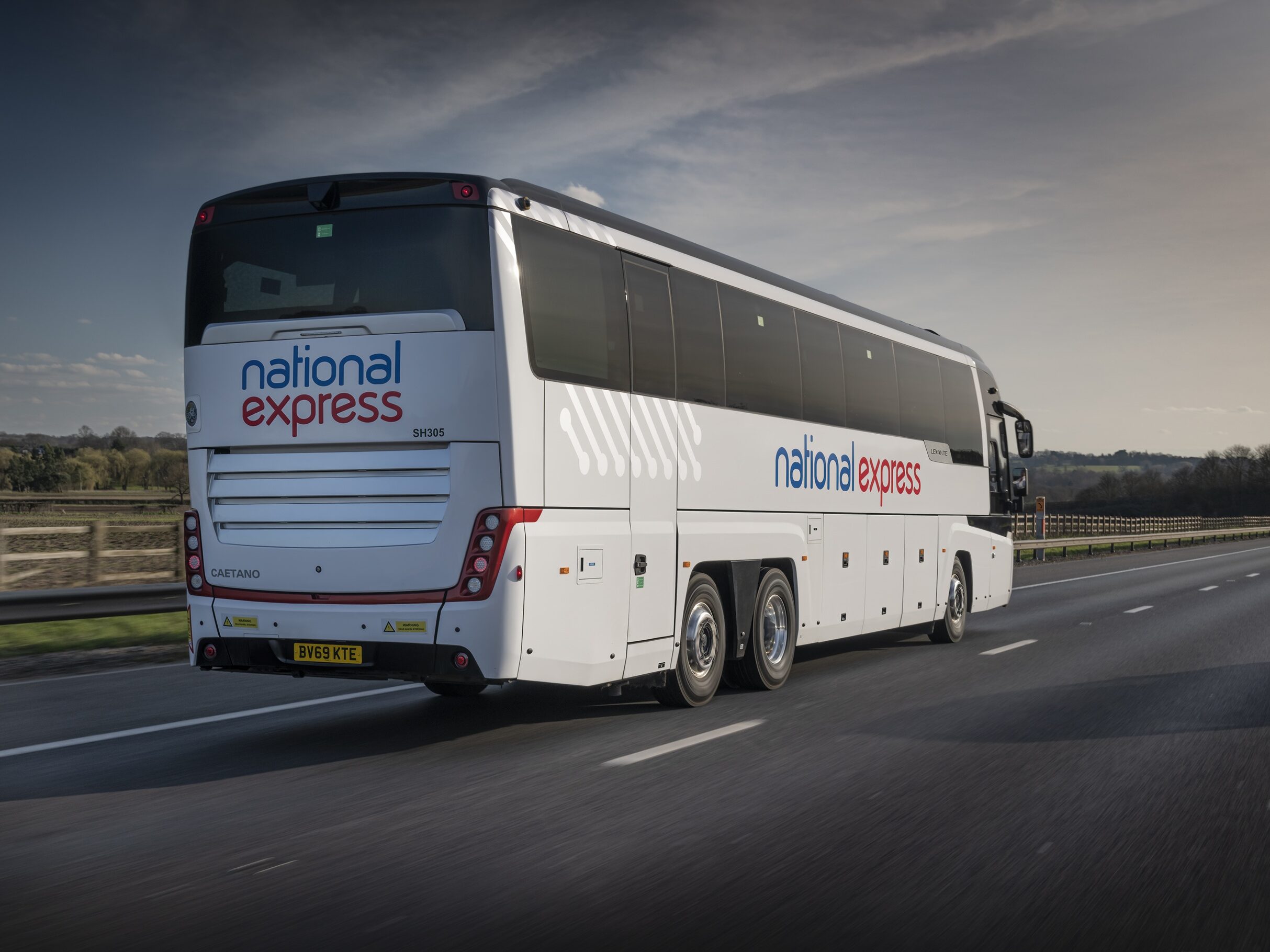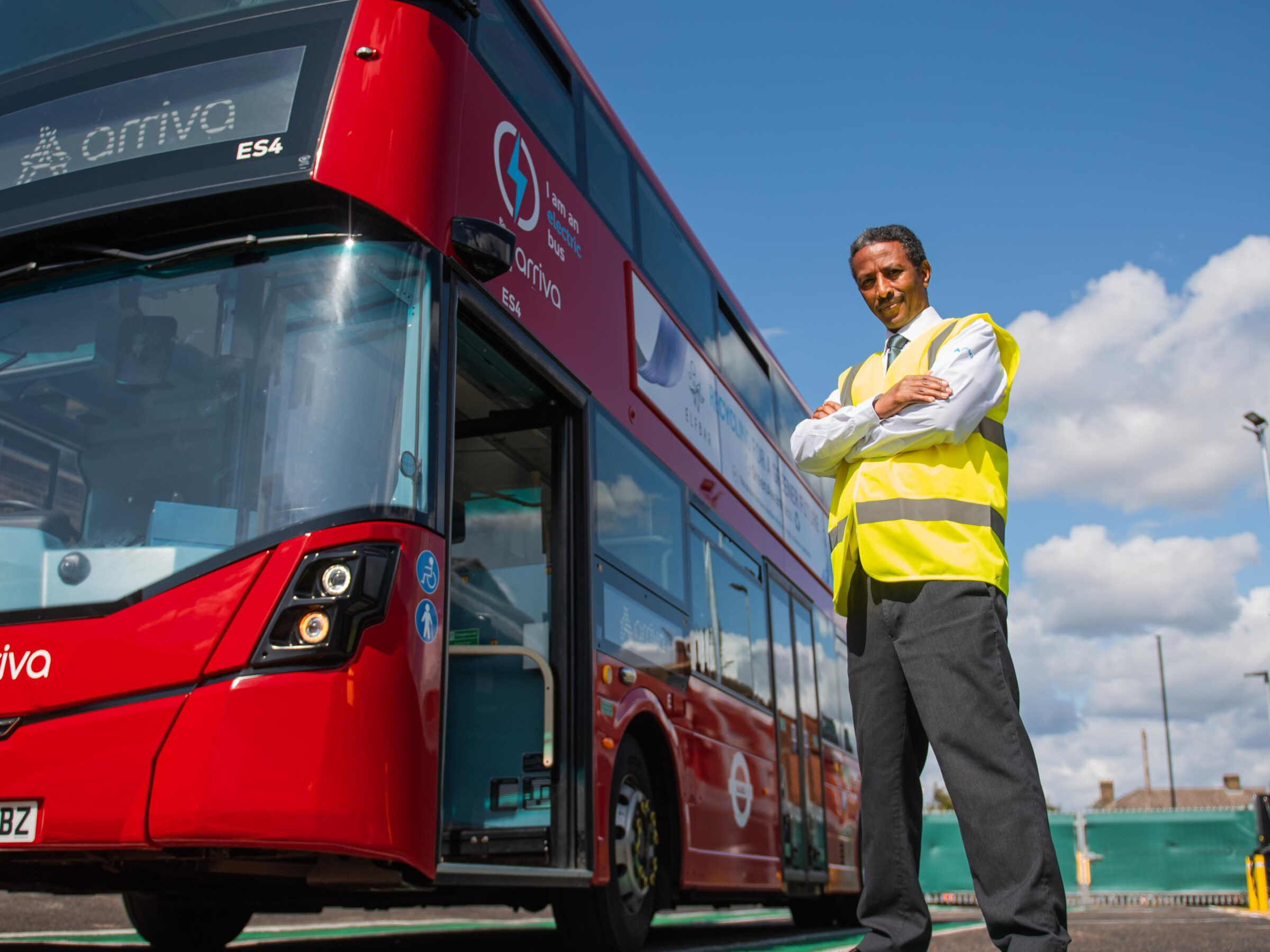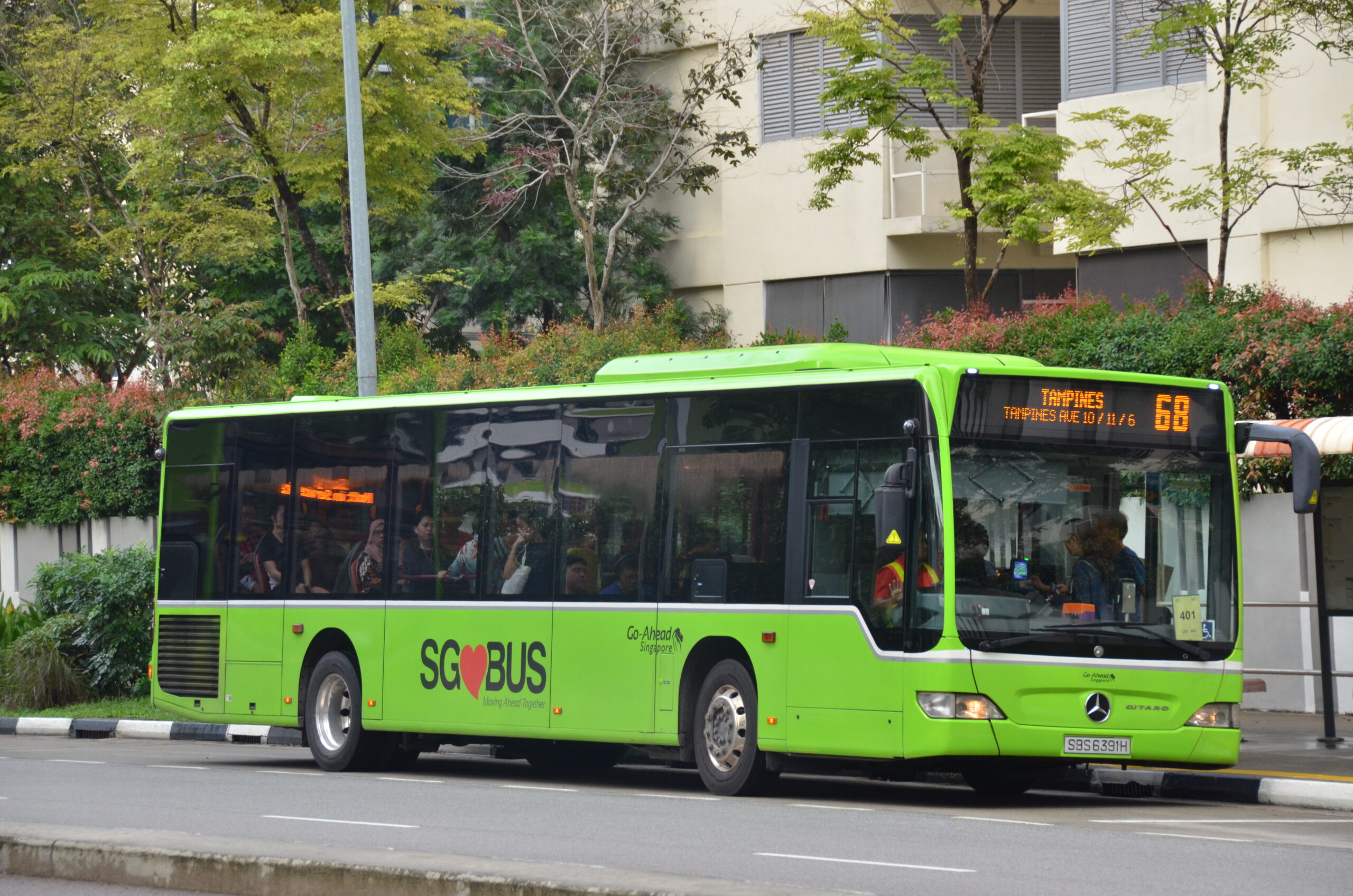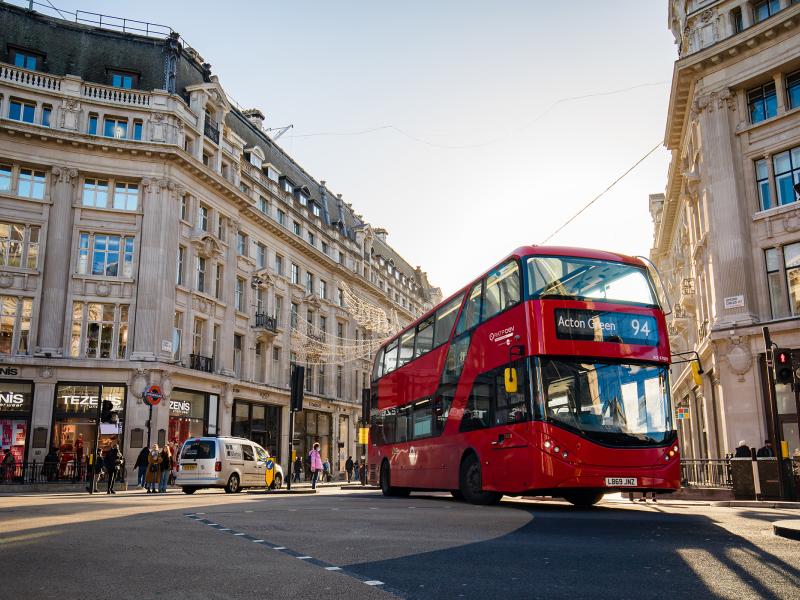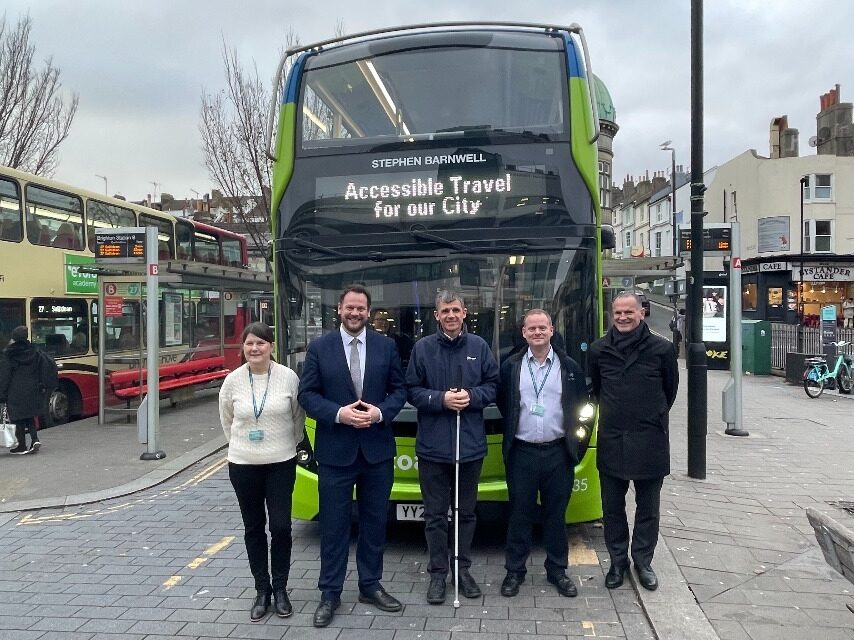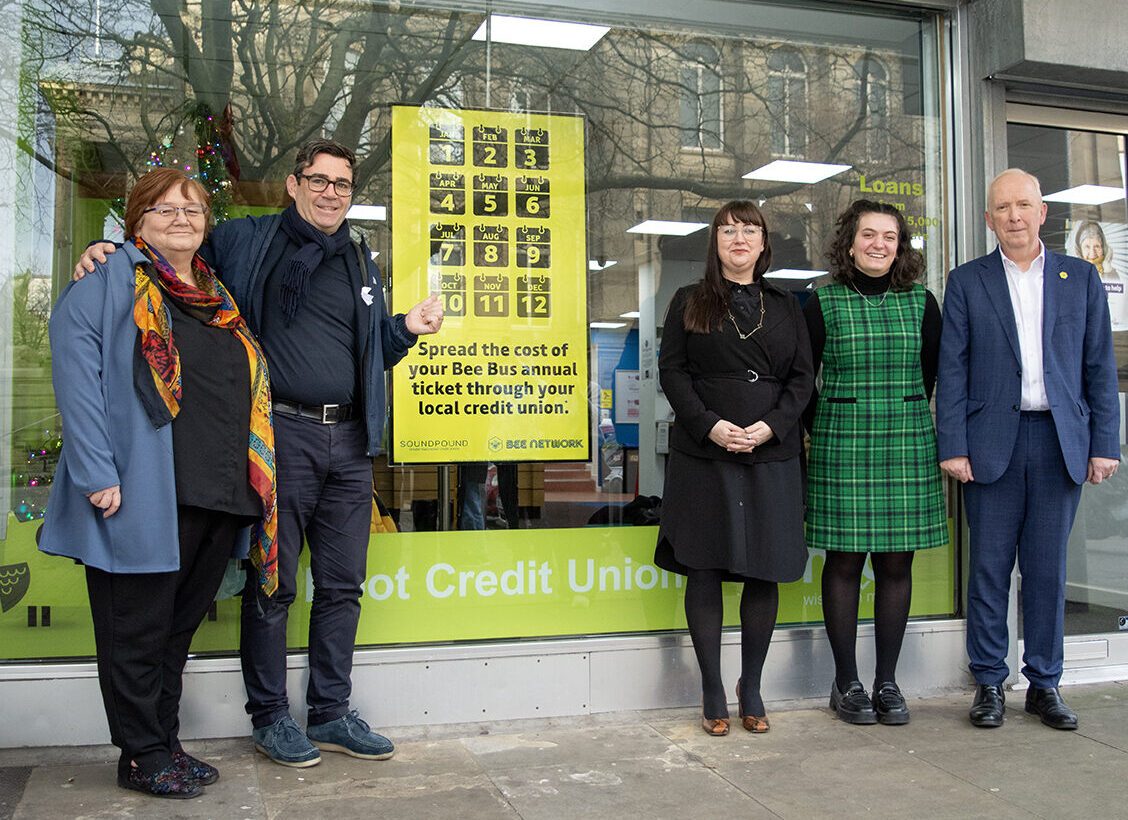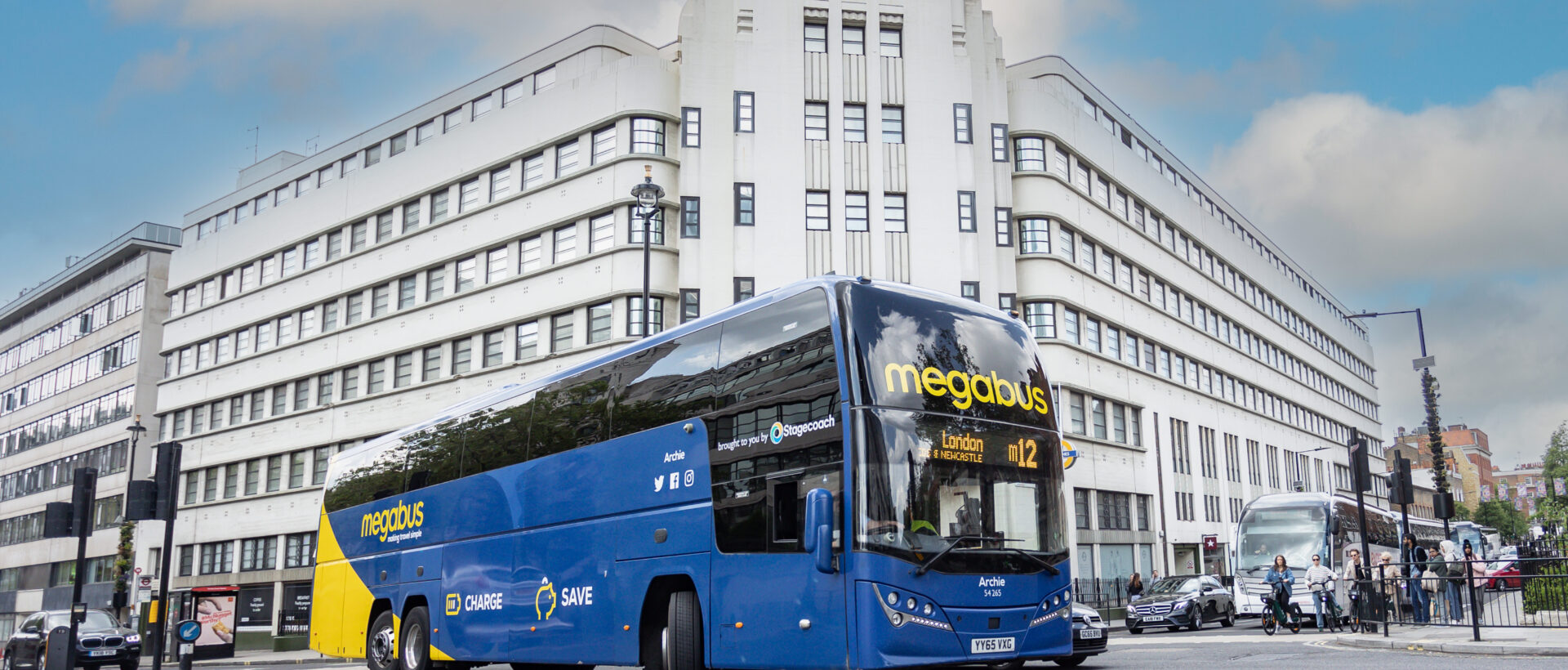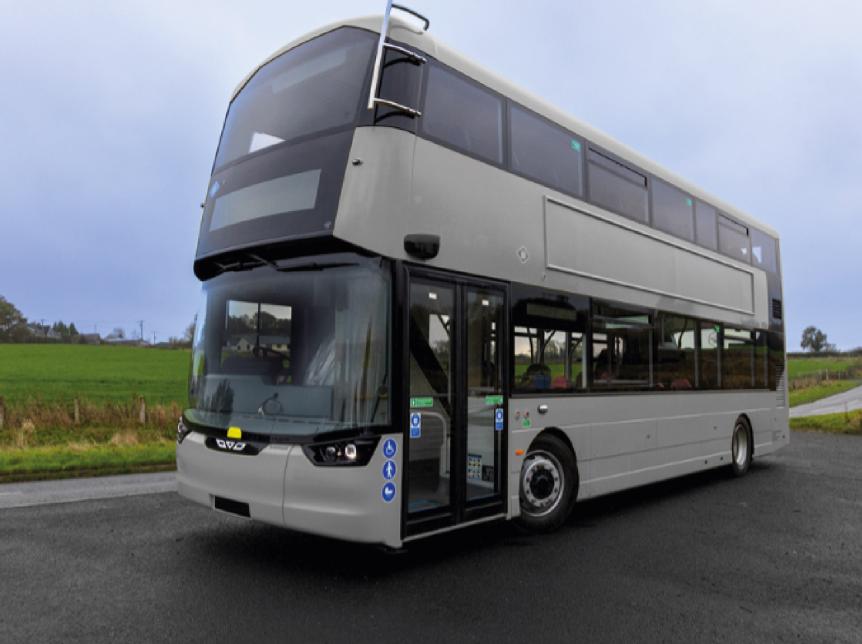Transport for Greater Manchester (TfGM) is set to complete a major milestone in its public transport transformation as the final phase of bus franchising under the Bee Network goes live on 5 January 2024.
This initiative will bring all buses in the region under local control, creating a unified and customer-focused network that promises improved connectivity, sustainability, and affordability.
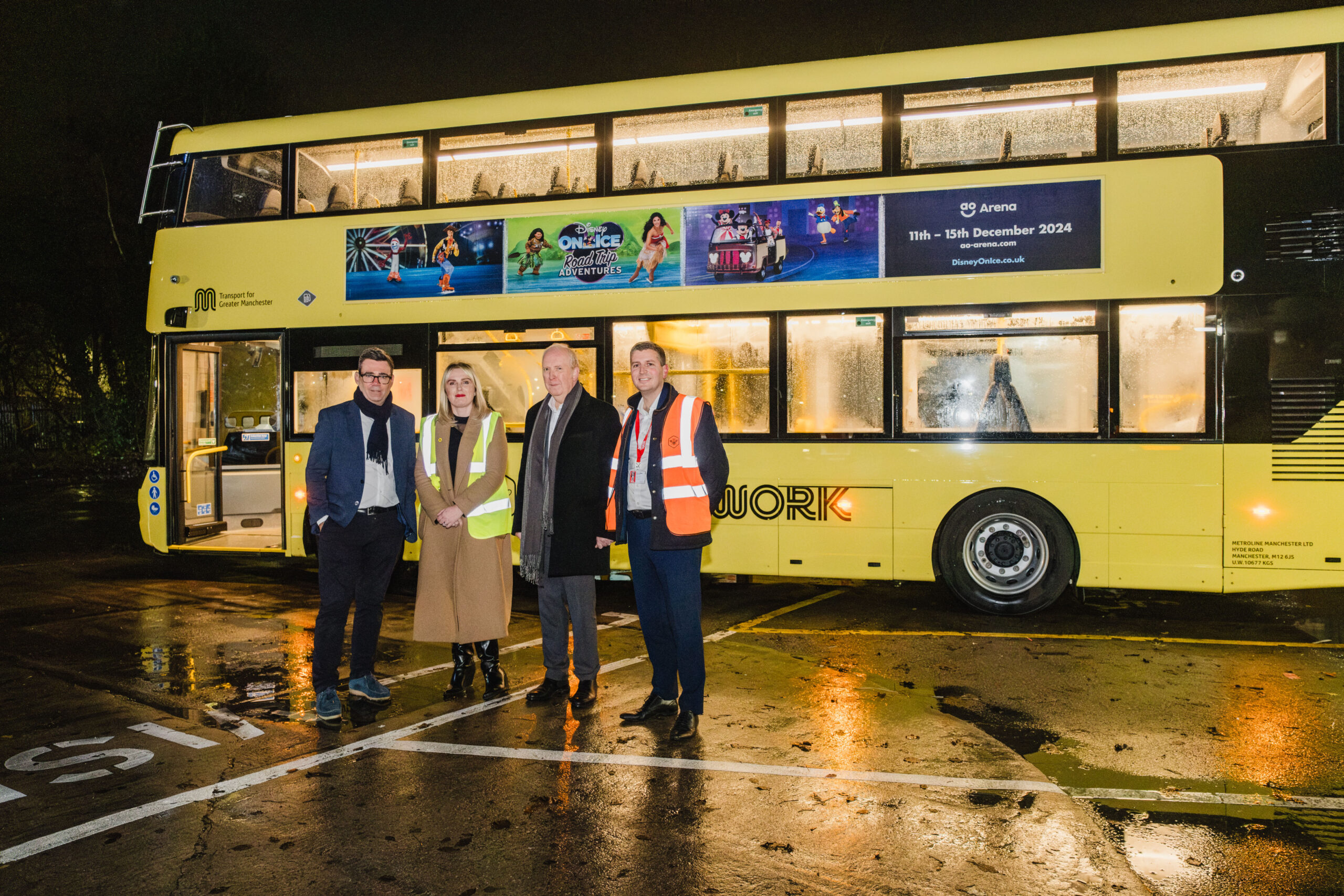
In the build up to this milestone, Mayor Andy Burnham has outlined the next steps for the rollout. This includes plans to intergrate eight commuter rail lines into the Bee Network.
He also outlined the next steps in transforming Greater Manchester’s public transport system, focusing on making services cheaper, cleaner, and greener. The planned measures include:
Improving Key Bus Routes — From 5 January, newly introduced earlier, later, and more frequent bus services will be implemented on key routes. These changes are designed to provide better connections with tram and train timetables, ensuring smoother journeys for passengers.
Delivering Newer, Cleaner Buses — A fleet of 331 new buses, built to Bee Network standards, will be introduced in the south of Greater Manchester. By April 2024, this number will increase to 405, representing 66% of the fleet in these areas. These buses will join the existing yellow Bee Network vehicles already operating locally.
Reviewing Local Bus Services in Communities — Starting in the new year, a comprehensive review of local bus services will begin. This initiative aims to create more joined-up and reliable routes, identifying areas for improvement that were not possible before the introduction of the franchising model.
Powering the Bee Network with Renewable Energy — TfGM plans to secure a long-term agreement with a renewable energy provider to power Bee Network trams and buses. This approach could meet the current energy demands of the Metrolink system and support the growing electrification of the bus network.
Electrifying the Bus Fleet — The region is accelerating its transition to electric buses. While less than 1% of buses were electric before franchising, this figure is expected to rise to 25% by April 2025.
Creating New Jobs — Metroline, a key partner in the Bee Network, has recruited 100 new bus drivers, with additional roles expected. Furthermore, 45 TravelSafe Support and Enforcement Officers are being hired to enhance passenger safety and confidence when using public transport.
Making Fares More Affordable — Applications are now open for an annual Bee Network bus ticket, offering unlimited travel for just 2.20 GBP per day. This initiative provides savings of up to 240 GBP annually, with payment options available through local credit unions. From January, the cost of 7- and 28-day tickets will also be reduced.
New Bee Network App Features — The Bee Network app will receive updates to make journey planning easier for passengers. New functions include disruption alerts and push notifications during major incidents, adding to the app’s existing features aimed at improving the customer experience.
Greater Manchester Mayor Andy Burnham said:We’re just one month away from bringing all buses under local control, delivering a major part of our London-style public transport system on time and on budget by 5 January. It will be a worthy addition to Greater Manchester’s long track record of firsts.
We’ve today revealed some of the immediate changes we’re making in January, with buses running earlier, later and more frequently to better connect with trams and trains. We’re also planning to buy 100% renewable energy to power our trams, electrify our buses and bring in a simpler fare structure for passengers.
“Next year will be one of real change for Greater Manchester, as we encourage even more people onto public transport to build a low-cost, high patronage network.











